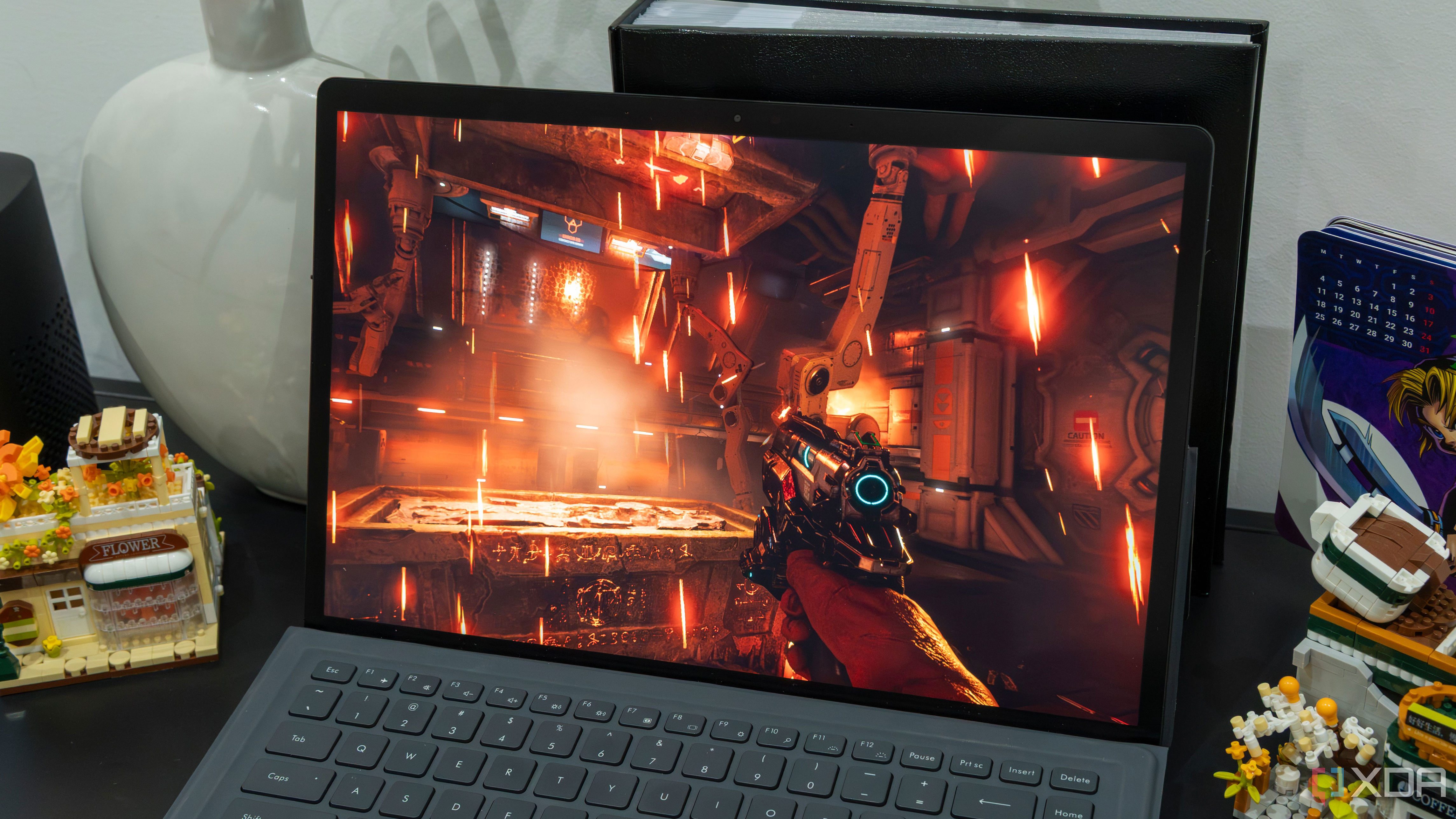
The Evolution of Portable Gaming
The Steam Deck has become one of the most talked-about devices in the world of PC gaming since its release in 2022. It's a handheld device that can run most modern PC games with impressive performance, which seems almost revolutionary considering how difficult it was just a few years ago to imagine such a possibility. This innovation has sparked interest and excitement among gamers everywhere.
However, when you take a closer look, the Steam Deck is essentially a small laptop. While it features a custom AMD processor designed specifically for gaming, it still runs on hardware that could easily power a full Windows installation. This highlights the fact that any relatively modern laptop can serve as a solid gaming machine.
Hardware Similarities Across Devices
The processor inside the Steam Deck is a custom AMD design with four Zen 2 CPU cores and eight RDNA 2 compute units. These specs are similar to those found in some of AMD's older laptop processors, combined with a more modern graphics architecture. Other gaming handhelds, like the AMD Ryzen Z1 and Z1 Extreme, are also based on rebranded laptop processors with minimal differences. Although there are more customized designs now with the Z2 series, they still rely heavily on AMD's laptop chips.
If you're satisfied with the visual experience provided by these devices, there's no reason why you can't run games at the same quality on any standard laptop. Even basic ultrabooks can offer similar or better performance than the Steam Deck, making them viable options for gaming.
Advancements in Low-Power Processors
Low-power processors have come a long way in recent years. Technologies like AMD FSR and Intel XeSS play a significant role in enhancing the gaming experience on these devices. These upscaling technologies allow games to look and run better while keeping power consumption low. As a result, standard laptops are becoming increasingly capable gaming machines.
Moreover, these processors are getting more powerful overall. With diminishing returns in high-end graphics, these improvements help bridge the gap in the overall gaming experience. Additionally, many popular games are designed to scale well to lower-end machines, allowing players to enjoy them even if the visuals aren't as sharp.
Lossless Scaling and Frame Generation
Lossless Scaling is a game-changer for portable gaming. Originally developed for Windows, it recently received a semi-official port to Linux for devices like the Steam Deck. This app enables frame generation, similar to Nvidia's DLSS 4, and supports a wide range of modern laptop hardware. It allows users to boost framerates for a smoother experience, even on less powerful hardware.
Lossless Scaling also offers resolution upscaling, making it possible for older laptops to enjoy modern graphical enhancements. This technology has truly transformed what users can expect from thin and light devices, opening up new possibilities for gaming.
SteamOS and Alternative Distributions
In addition to running Windows, the Steam Deck can also run SteamOS, an Arch-based Linux distribution. SteamOS offers lower overhead and optimized performance for gaming, thanks to reduced background processes. Valve has started publishing SteamOS releases for anyone to download and install, though official support is still limited. Another option is Bazzite, a Linux distro that aims to replicate and enhance the SteamOS experience for a broader range of PCs.
Even though Lossless Scaling was initially developed for Windows, the community has successfully ported it to Linux, allowing users to benefit from it regardless of their chosen operating system. This combination of technologies makes it easier than ever to enjoy high-quality gaming on a variety of devices.
The Future of PC Gaming Accessibility
It's easy to think that PC gaming is only for those with dedicated hardware, whether it's an expensive PC or a specialized handheld. However, devices like the Steam Deck have made it clear that any computer can serve as a gaming rig. Whether you're using a laptop or an older machine, there's potential for a great gaming experience. It's worth trying out to see just how far we've come in terms of accessibility and performance.
0 comments:
Ikutan Komentar